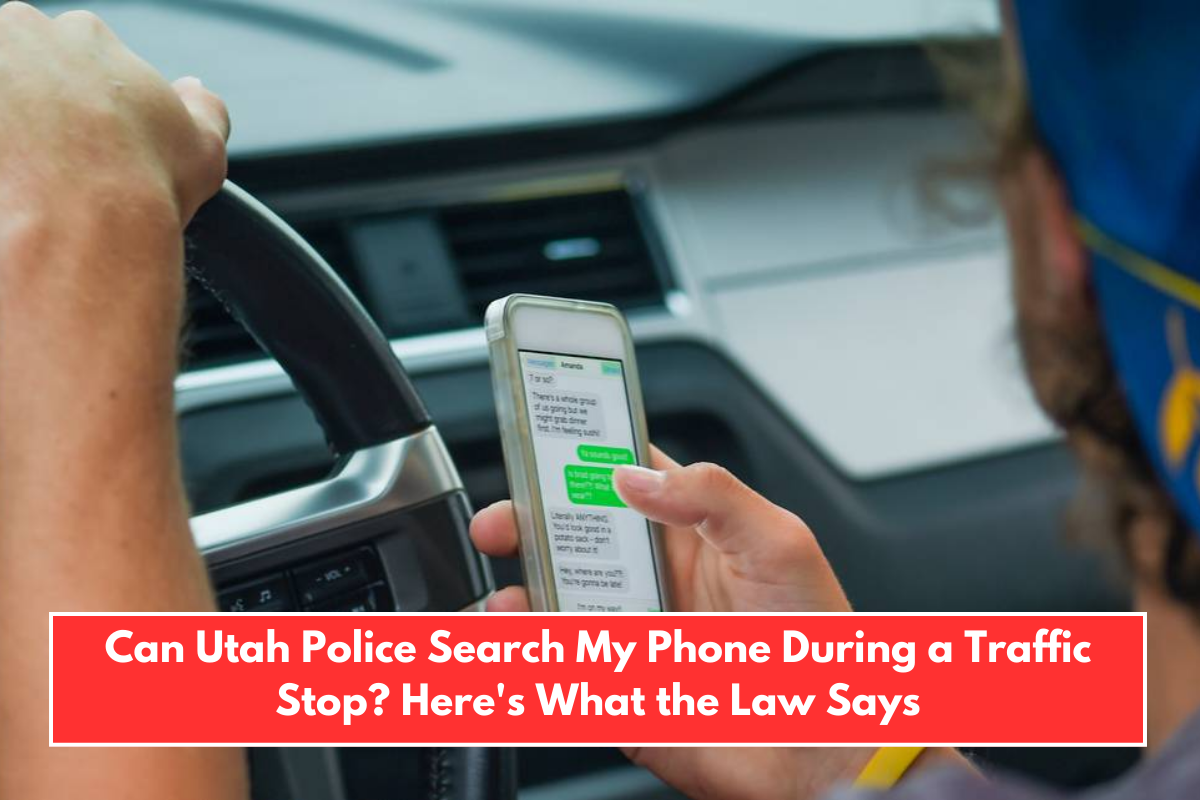Key Points from Utah Law
- Warrant Requirement:
Utah law, specifically the Electronic Information or Data Privacy Act, prohibits law enforcement from searching your phone or any electronic device without a valid search warrant. This law covers all data stored on or transmitted from your device, including text messages, emails, photos, and location data. - Exceptions:
There are limited exceptions where police may search your phone without a warrant, such as:- If you give clear, voluntary consent to the search.
- If there are urgent, emergency circumstances (for example, to prevent imminent harm or destruction of evidence).
- Other narrow situations defined by law, but these are rare and typically require strong justification.
- Probable Cause and Warrants:
If police believe your phone contains evidence of a crime, they must demonstrate probable cause to a judge and obtain a search warrant before accessing your device. - Your Rights:
You have the right to refuse consent to a search of your phone. Politely state, “I do not consent to a search of my phone,” if asked. If police search your phone without a warrant or valid exception, any evidence they find may be excluded from court proceedings due to violation of your Fourth Amendment rights.
What to Do if Asked
- You are not required to unlock or hand over your phone unless police present a valid search warrant or a qualifying exception applies.
- If your phone is seized, police may begin the process of obtaining a warrant, but they cannot search its contents until a warrant is granted.
Summary Table
| Situation | Can Police Search Your Phone? |
|---|---|
| No warrant, no consent | No |
| With your consent | Yes |
| With a valid search warrant | Yes |
| Emergency/exigent circumstances | Sometimes (rare and specific) |
Bottom Line:
Utah police cannot search your phone during a traffic stop without a warrant or your explicit consent. The law strongly protects your digital privacy-know your rights and do not feel pressured to hand over your phone unless legally required.














